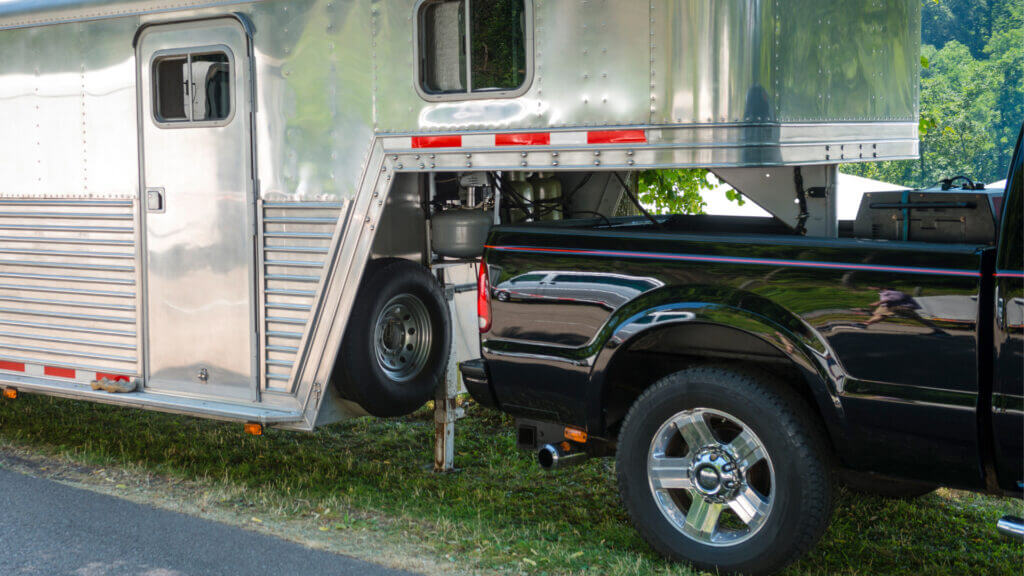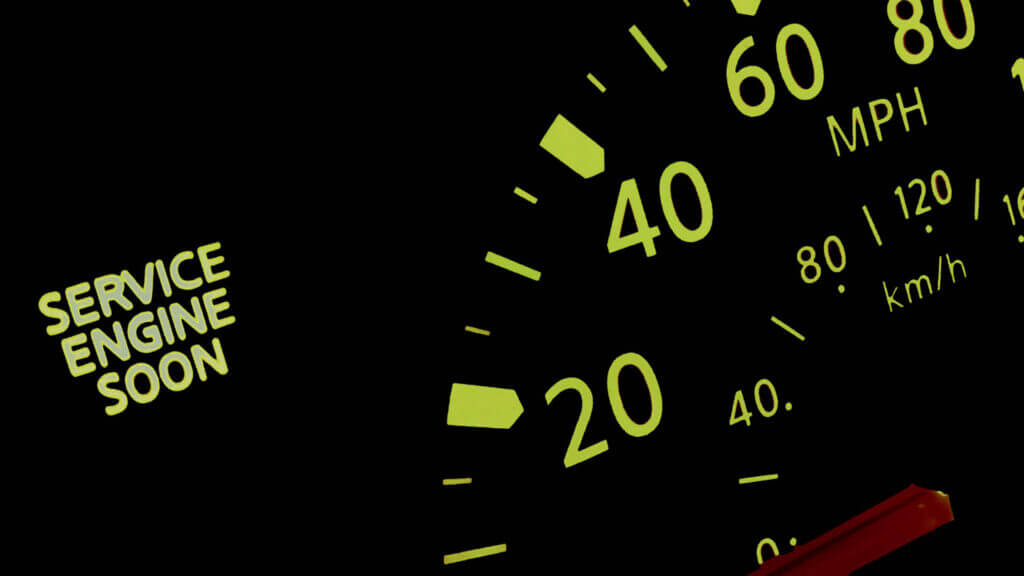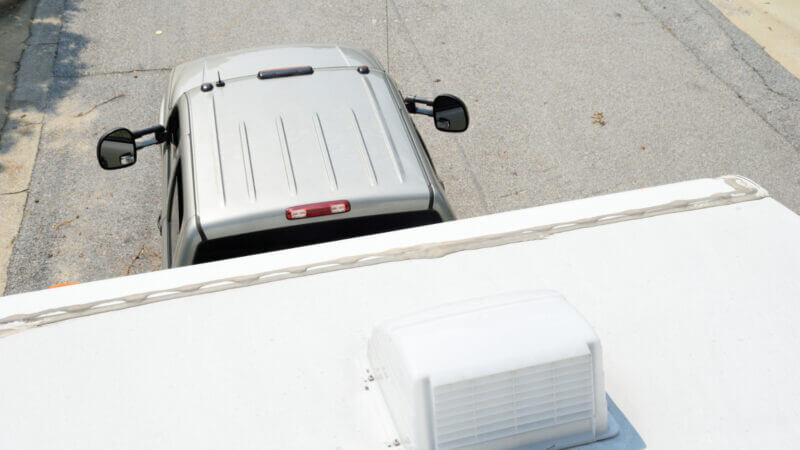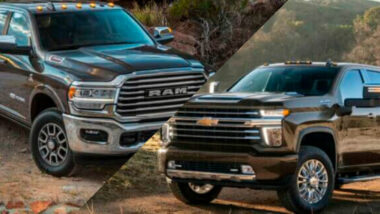Table of Contents Show
Over the years, trucks have transitioned from purely work purposes to include leisure and lifestyle preferences. Many owners may wish to upfit their vehicles but don’t know the best truck upgrades for towing.
Today, we’ll discuss upgrades you’ll likely need to make for towing and why they’re so beneficial. Come along for the ride!
Why Would You Need Towing Upgrades?
Usually, you’ll look at towing upgrades if you want to pull something heavier than your truck can currently handle.
It’s extremely dangerous to tow more than your vehicle’s recommended tow weight. When towing extra-heavy loads, adding the proper towing upgrades could potentially save lives!
If you’re towing above your current recommended tow weight, your vehicle is more likely to break down, overheat, or blow its transmission. In the worst-case scenario, the trailer could unhook, causing any number of catastrophes. It could flip your vehicle or crash into oncoming traffic. Having the right towing upgrades is essential!
Other than the safety issues, upgrades improve your towing experience. Not only can proper upgrades prevent breakdowns, but they may even extend the life of your vehicle and its parts.

Is Towing Bad for Your Truck?
Most truck owners purchase their vehicles with towing in mind, especially if they’re using them for work or recreational reasons. Towing itself isn’t bad for your truck if you’re doing it right, but pulling something too heavy for your truck’s engine and current upgrades will cause trouble, from safety issues to vehicle breakdowns.
That being said, towing can put a strain on your truck’s transmission over time. Additionally, the fluids in your engine will become hotter than usual, so keeping your fluid levels topped off is critical to avoiding damage.
The best way to avoid transmission strain is to drive more cautiously. Avoid flooring it or braking too quickly. Slow and steady acceleration and braking will prevent overheating and associated breakdowns.
5 Best Towing Upgrades for Your Truck
If you’re considering making upgrades for towing, research should come first! To help you get started, we’ve compiled a brief list of the best towing upgrades for your truck.
Replace Your Hitch
The hitch the manufacturer has installed may be insufficient for your towing needs because it can’t hold enough weight. Typically, the standard hitch on a truck is a class three hitch that can handle 6,000 to 10,000 lbs depending on the weight distribution and tongue weight rating.
You might also need to change up your hitch because it’s the wrong kind. There are several different types of hitches, but the most common are rear receiving, weight carrying, weight distributing, fifth wheel kingpin, and gooseneck.
Compare the kind of hitch you have with what you want to tow. You’ll likely find the answer to what type of hitch you need by evaluating the tow weight and coupler of what you’re towing. This is one of the first and most important steps you can make in upgrading your tow package.
Upgrade Your Coolant System
Your truck’s coolant system prevents overheating that can jeopardize your engine and transmission. Towing creates extra heat in your engine, and if you add other upgrades that increase your towing capacity, your truck will run even hotter–potentially hotter than your coolant system can handle.
Consider replacing your truck’s radiator with a larger version or even adding a second one. At the very least, a larger pan and an additional coolant fan can give your system more cooling power and consistent airflow.

Differential Cooler
Your vehicle’s differential gears enable your wheels to turn at different speeds for a smooth ride and better gas mileage when you’re turning or towing. Adding additional weight and horsepower can put excessive stress on your differentials.
A fan constantly blows to prevent these gears from overheating and breaking. Upgrading the cooler’s power significantly reduces the risk of problems with your differentials while towing.
Hire a Vehicle Programmer
While there are many, many engineering components to your vehicle that will require towing upgrades, many upgrades require computer adjustments.
Oftentimes, a programmer can go into the system and upgrade your horsepower and torque without making any mechanical upgrades. These upgrades likely mean your fuel efficiency will decline, but your towing capacity will be stellar.
Upgrade Your Suspension
The suspension on your vehicle takes the brunt of the weight when towing. Along with using a weight-distribution hitch, upgrading your truck’s suspension is one of the best things you can do to prevent weighing down the back end.
Improved suspension also means better steering control and a smoother ride because your truck can better handle bumps on the road.
Research Truck Upgrades for Your Vehicle
There are many towing truck upgrades you can make to your vehicle, and if you want the best options, research your vehicle’s manufacturer recommendations. These suggestions will likely depend on your vehicle’s make, model, and condition, so while we’ve provided the most common upgrades people make, your situation might be different.
And remember: without the proper truck upgrades, you may be subjecting yourself to dangers and your vehicle to more wear and tear than necessary. We want everyone to be safe and comfortable when towing, so we highly encourage you to do your research and make the necessary upgrades!







Most people will improve the suspension with Airbag, Timbrens, or additional leafs. Many don’t think about it, but also adding a sway bar or replacing the sway bar with a better one will improve stability overall.